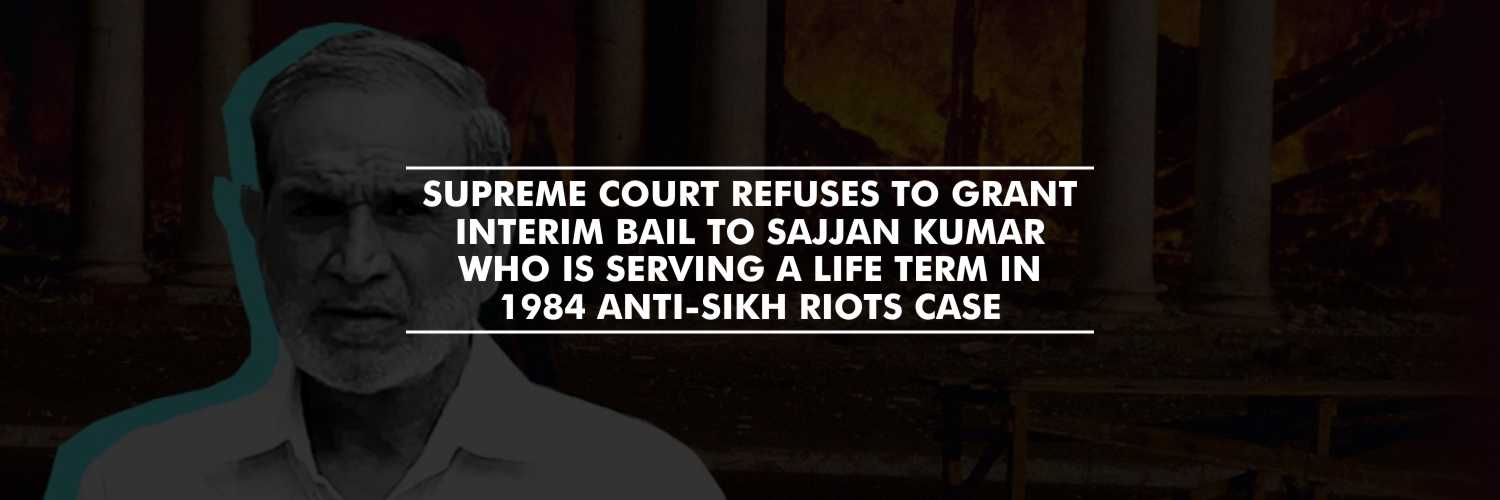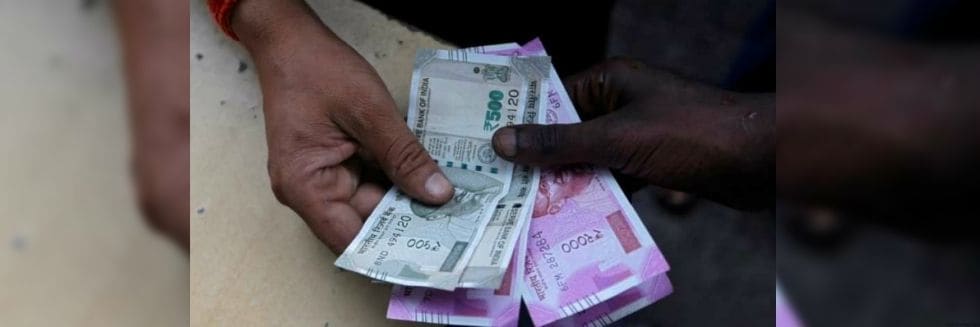In a significant observation, Delhi High Court noted that there is a qualitative difference between a married and unmarried couple, since after marriage, the married parties have expectation or to an extent is a legal right to conjugal relations.
The observations were made while the High Court bench was hearing PILs filed by RIT Foundation (NGO), All India Democratic Women’s Association, a man and a woman seeking striking down of the exception 2 to Section 375 of the Indian Penal Code.
The petitioners have challenged the exception and are demanding the criminalization of marital rape. The two judge bench comprises Justice C Hari Shankar and Justice Rajiv Shakdher.
Justice C Hari Shankar noted that this qualitative difference may have a part to play in the exception provided under Section 375 (rape) of the Indian Penal Code which rules out marital rape as constituting an offence under penal law in India.
He said, “In a marital relationship, there is a qualitative difference. There is an expectation of conjugal relationship for both parties. We are not recognizing the difference if we are saying that they are at par. When a party gets married, each has an expectation, and to an extent a right also, to expect normal sexual relationship with your partner which does not exist if there is no marriage.”
Justice Shankar stated that there is no denying that marital rape should be punished but the question here is whether the exception provided in Section 375 is unconstitutional.
He also referred to the arguments that were made on the legal position in the United States and United Kingdom, but would have no bearing since India has its own set of precedents, principles, and Constitution.
Attempting to look into why the exception is there, Justice Shankar stated, “One possible reason may be because of the manner in which rape is defined in 375. Section 375 defines rape in a very wide manner. It says even a single instance of unwilling sex with the opposite party is enough to call it rape. Now let us take a hypothetical situation. There is a newly married couple. Husband wants to have conjugal relations. Wife say no. Husband says if you do not allow it, I will go out, see you tomorrow morning and then the wife says yes. If we are to knock off the exception, this is rape.”
He expressed his disagreement with the petitioner over an argument that there is no intelligible difference between married and unmarried couples.
Talking about unmarried couples, Justice Shankar said, “If a boy and girl are not married, howsoever close their relationship may be, call it boyfriend-girlfriend, live-in or anything, neither of them has any right to expect sexual congress with the other. Absolutely no right. The law does not recognise any right. Therefore, there is an absolute right on each party to say I will not have sex with you and neither party has any right to expect that he is accredited to have sex with the other party.”
He opined that the qualitative difference has a part to play in exception 2 to Section 375 of the Indian Penal Code.
Justice Shankar added, “We are not here on whether marital rape should be punished. We are here on the question whether in such a situation the man should be held guilty of rape, because that is what we are doing if we strike down the exception, and we are doing something that the legislature felt is not correct. And the legislature still feels it is correct. So, if the legislature thinks it has something to do with the qualitative difference of the marital relationship, that is an aspect which has to be addressed when you are attacking the constitutionality of the provision. We cannot treat it as or parallelize it with an unmarried relationship.”
He further said that if the exception will be knocked out, even if the husband does the act for once, he will be guilty of rape and will be sentenced to 10 years of rigorous imprisonment.
“What is happening is that today if this act is committed, the man has not committed an offence, we knock out the exception, tomorrow if the same man does the same thing, he has created an offence. So qualitatively we may go into semantics and say this is creation of an offence and not creation of an offence. I don’t know if we can say that. We are at least rendering an act which was not, prior to our judgment, an offence. So, to that extent we have created an offence. These are all aspects which do perturb me,” he added.
However, Justice Shakhder clarified that these are not the views of the bench and the matter is still under consideration. “I may also have views but I would like to reserve them for now,” he said.
Justice Shankar also made it clear that he has not made up his mind and these are just observations. I am known for the fact that even during the judgment, I change my mind, he added.
Advocate Karuna Nandy had argued that marital rape violates a woman’s right to dignity, personal and sexual autonomy and her right to self-expression enshrined under the Constitution of India. She went on to add that if a wife does not have the right to say no to her husband, then she does not have the right to freely say yes either.
She contented, “Harm is not dependent on being married or not. This is the man who was supposed to protect me. It is not slapping in public but it is the rape which is most violative of my self.”
Drawing attention to the fact that a minuscule proportion of the marital cases is being reported, Advocate Nandy argued, “Married women hesitate to report such incidents even to their lady health visitors. While all criminal justice suffers from ‘false negative’ i.e. acquittal of the guilty and ‘false positives’ or conviction of the innocent, there is no evidence that false cases concerning rape and sexual assault in case where the assaulted and accused have prior sexual relationship are misused more than other criminal laws.”
She also referred to the National Family Health Survey (NFHS) data where it was reported that among married women who fell victim to sexual violence, 83% of the women experienced it from their husbands and 9% of them experienced it from their ex-husband.
“An estimated 99.1% of the sexual violence cases are not reported, and in most such instances, the perpetrator is the husband of the victim. Evidence suggests that a woman is 17 times more likely to face sexual violence from her husband than from others,” she mentioned.
The court will hear the matter today (on January 11) and Advocate Raghav Awasthi will make his submissions on behalf of the petitioners.






